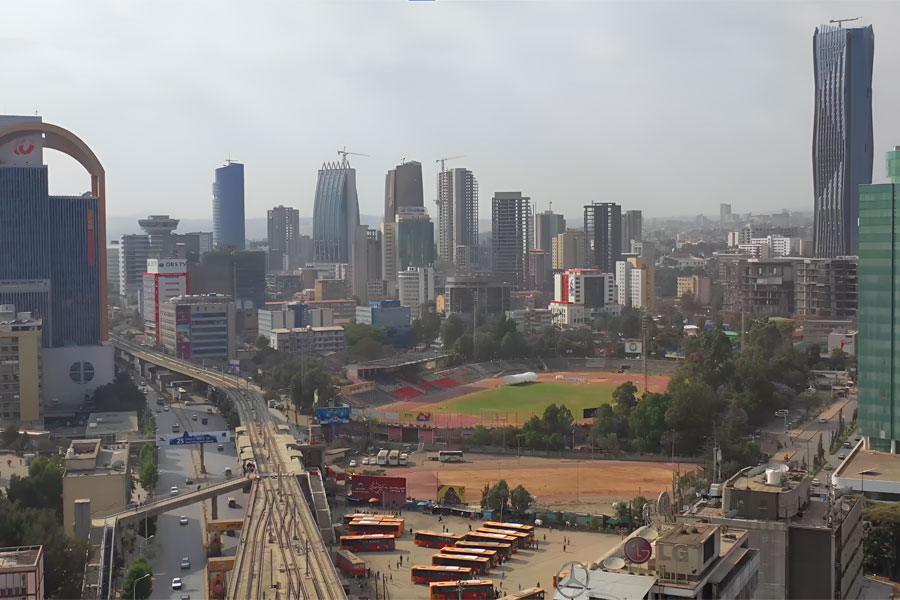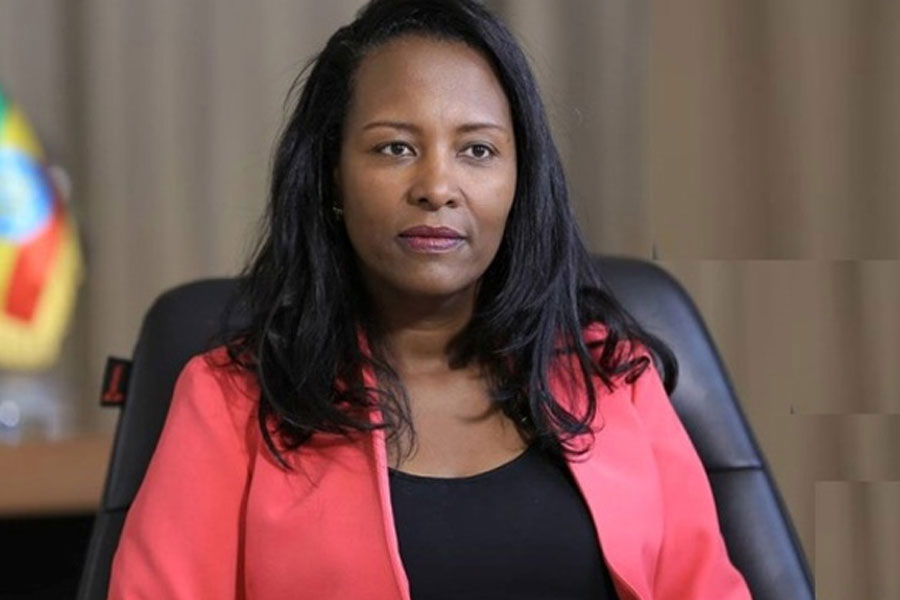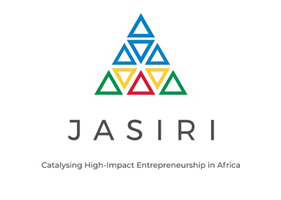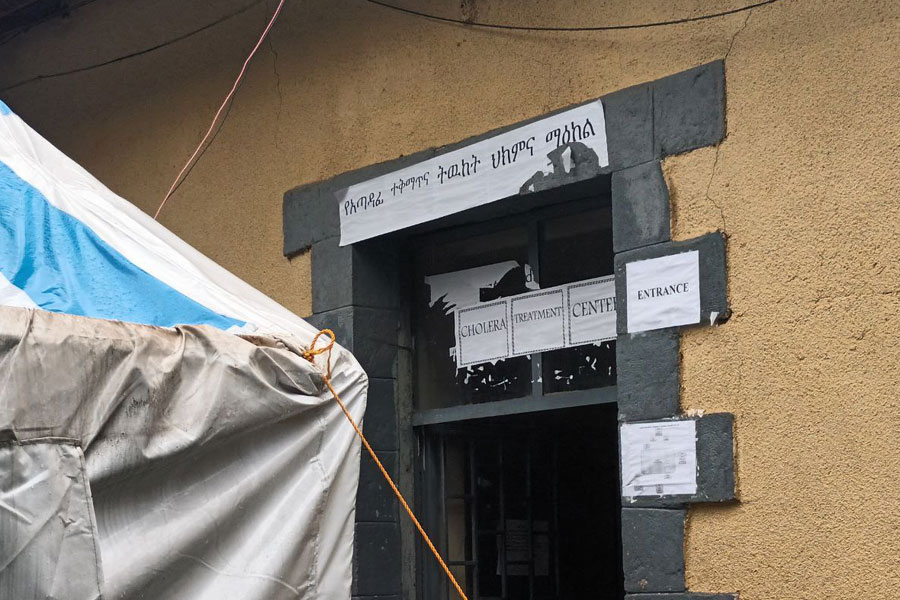
Fortune News | Mar 02,2024
Visiting a bookstore that is located in the vicinity of my neighbourhood, I was deluged with apprehension about the future of the education system.
The proponents of introducing new technologies to potentially assist teachers in school by providing instructional aid, creating assessments, developing study materials, helping students write, research and personalized learning through artificial intelligence (AI) chatbots is vital.
Impact on teaching and learning ranges from Plato's speech on consideration of the true purpose of writing to today's art of speech.
Models are claimed to be developed and trained in the nuances of a conversational language, including an extensive collection from various sources such as books, movies, and websites with a vast dataset of over a billion words to generate human-like responses.
I sought books on astronomy, chatbots and technology-enhanced learning while pondering astronomical occurrences; Mercury and Venus set to reach their most discernible points from the earth, a routine visible in the sky occasionally in the year. Reportedly, they are lost in the sun's glare the rest of the time.
The Pleiades star cluster makes a funny reminder that the night sky is like a time machine. The farther out into space we look, the longer back in time we see; on that night, the light that left Venus about nine minutes earlier is seen, whereas the light of the Pleiades left those stars around four decades ago.
Sadly, brooding over my school days, the denial to physically observe the surrounding, hills visible around Addis Abeba, and stars in the sky damaged our ability to comprehend astronomy.
The near absence of classroom dialogue and the dearth of opportunities to establish knowledge to demonstrate facts and defend them logically never panned out in our university days and beyond to the work environment as required also cliqued.
Trying to reason or explain, I gained new insight into what went wrong, envisaging the worst-case scenarios if the trend continued.
What if there were initiatives to shift schools to turn students into future teachers in their respective endeavours?
With both pedagogical and andragogy tools, giving up just some chapters from subjects and the hopes of resolving the many problems impeding us from making bridges for effective dialogues to identify the stakes involved or undercurrents in our interactions as a community and fix situations, with mindsets skipping ahead to possible adverse consequences and breeding feelings of being protective of others without hesitation.
In the I cannot wait- mood, I purchased some books, vowing to use the artificial intelligence Chabot model intensively. The first one is a diverse dataset with a wide range of factual information, such as historical events, science, technology, and general knowledge sourced from books, articles, and websites that provide accurate and reliable information.
I expect teachers to develop students’ problem-solving proficiency as they navigate the seemingly limitless swaths of knowledge, upholding classroom discourse with the prevailing pedagogical approach.
The future cannot be envisaged without Artificial intelligence and its impact on teaching and learning, as with all the previous technologies—however, the early reactions to the introduction of computers, particularly the internet is, reassuring.
It is reminiscent of Steve Jobs in that computers are as assumed as a force multiplier that can help to do work quickly; hence we can focus our attention on more pressing issues.
Luddites’ kind of concern is about the emerging imperfect technology. Whether technology-enhanced learning has the potential to accelerate learning or might be overwhelmed by digital dependency. There is also no doubt that AI models never remain free.
PUBLISHED ON
Apr 09,2023 [ VOL
24 , NO
1197]


Fortune News | Mar 02,2024

Commentaries | May 24,2025

Radar | Jul 28,2025

Agenda | Nov 27,2022

Radar | Jul 17,2022

Advertorials | Jan 22,2024

Agenda | Aug 05,2023

Advertorials | Apr 10,2023

Fortune News | May 31,2025

Agenda | Nov 25,2023

Dec 22 , 2024 . By TIZITA SHEWAFERAW
Charged with transforming colossal state-owned enterprises into modern and competitiv...

Aug 18 , 2024 . By AKSAH ITALO
Although predictable Yonas Zerihun's job in the ride-hailing service is not immune to...

Jul 28 , 2024 . By TIZITA SHEWAFERAW
Unhabitual, perhaps too many, Samuel Gebreyohannes, 38, used to occasionally enjoy a couple of beers at breakfast. However, he recently swit...

Jul 13 , 2024 . By AKSAH ITALO
Investors who rely on tractors, trucks, and field vehicles for commuting, transporting commodities, and f...

Oct 11 , 2025
Ladislas Farago, a roving Associated Press (AP) correspondent, arrived in Ethiopia in...

Oct 4 , 2025
Eyob Tekalegn (PhD) had been in the Governor's chair for only weeks when, on Septembe...

Sep 27 , 2025
Four years into an experiment with “shock therapy” in education, the national moo...

Sep 20 , 2025
Getachew Reda's return to the national stage was always going to stir attention. Once...